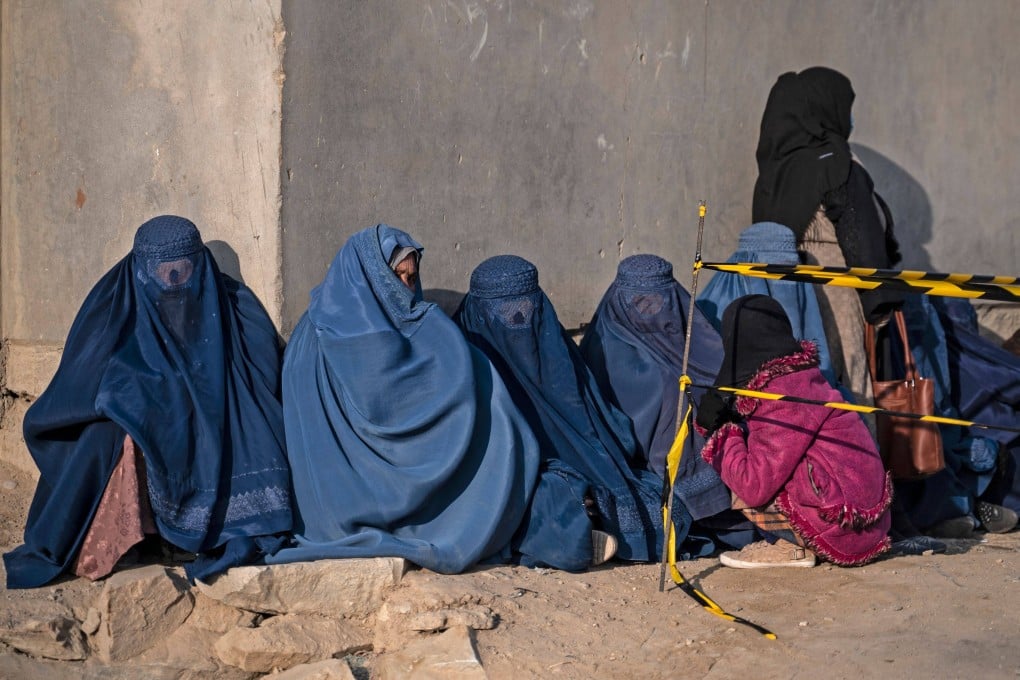Advertisement
Afghan refugees in India rue missed opportunities for women amid Taliban crackdown: ‘no education, no jobs’
- Afghan refugees in New Delhi say it is hard for them to pursue education opportunities for their children in a foreign country, as they lack proper documents and money
- The Taliban arrested women last week for wearing ‘bad hijab’, the latest in a steady clampdown on individual freedoms, particularly those of women
Reading Time:3 minutes
Why you can trust SCMP
1

Mahirma Ziaee fled Afghanistan for India three years ago after the Taliban reassumed power. While she is grateful to have got out, she says she regrets that she is unable to complete the medical college degree she started back in her homeland.
Advertisement
“When we speak to our friends and relations in Afghanistan, they tell us that bomb blasts are no longer occurring everywhere, and the environment has become secure,” Ziaee said from New Delhi. “But, I say to them, what is the use if there is no education or jobs for women?”
Since the Taliban regained power, life has been difficult, both for the people who left and now struggle with limited opportunities as refugees, and for those who stayed behind and have watched the militant Islamic regime steadily clamp down on individual freedoms, particularly those of women.

After recapturing the country in August 2021, following the departure of most American coalition forces, the Taliban has barred women from attending secondary schools and universities, working with government and non-government organisations, travelling more than 45 miles (72km), leaving the country without a close male relative, or going to parks and gyms.
Last week, a government spokesman confirmed the authorities had arrested women in the Afghan capital of Kabul for wearing “bad hijab”, in violation of a May 2022 decree requiring women to once again wear head-to-toe burkas while in public.
It was the first time such arrests had been made under the new regime and occurred less than a week after the United Nations Security Council called for a special envoy to engage with the Taliban, especially on gender and human rights.
Advertisement

Advertisement